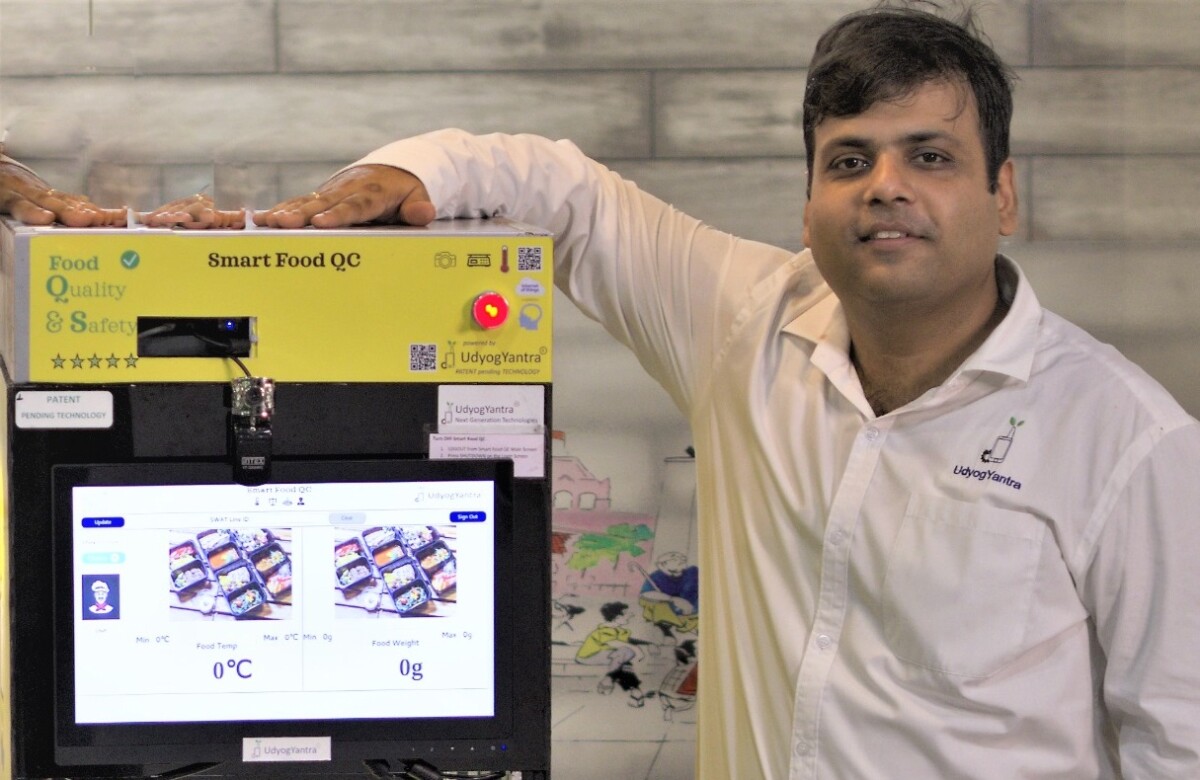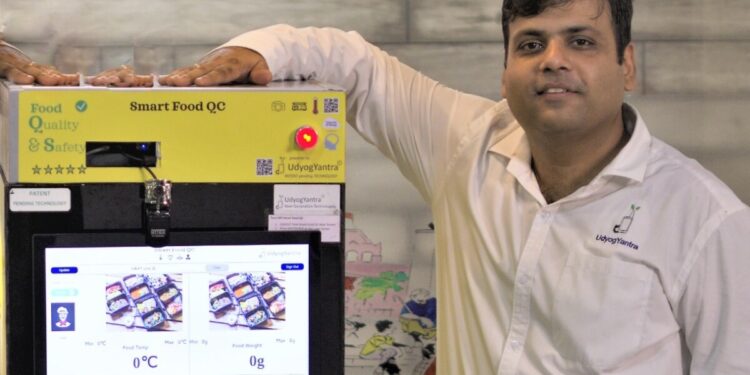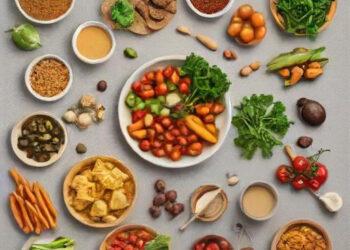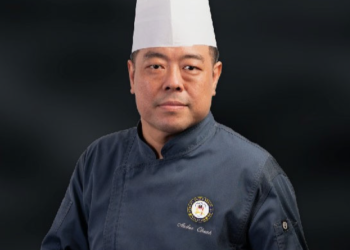Akansha Pandey (cbedit@imaws.org)
To have a common standardised process in place ensuring the quality of ingredients that the brand’s franchisee is procuring are of the same specification, UdyogYantra ensures real-time monitoring and control of the supply chain and operations. It is leveraging technology such as the Internet of Things, Artificial Intelligence and Data Analytics to check whether all the ingredients have been used as per the required quantity and all SOPs are being followed or not. “The machine will check step by step whether a salad which should have 20 gm of capsicum has been used or not. This will in turn drastically reduce the skill level required by the manpower to check a recipe at the brand’s franchise,” says Ankur Jain, Founder and CEO, UdyogYantra.

“Some people in the food business have not been able to scale up their food operations. The moment they realise that such a technology is available it’ll help them have more confidence in what their franchise is or what their outlets are delivering. Franchises are a big concern in India. For smaller brands, it is a big concern to find franchises. For franchises to replicate the same standard quality is such a big issue that the small and medium scale brands and not able to scale up. There is no standard process by which the brand can check from where their franchise is procuring the food and what are they selling,” he adds.
Jain outlines that as the online food delivery increases, the kitchen is getting separated from the point of sale and the point of consumption. However, food brands looking at quick delivery have to get closer to the customer. So rather than all customers coming to a central location, the future would see small stores closer to the customers for swift access. This means that brands cannot have the same quality chefs and staff ensuring standardisation at all outlets as it would hit the Return On Investment (ROI).
These food operations are now moving towards food assembly, where the base kitchen prepares the standard recipes and is assembled in the cloud kitchens as per the standard operating procedure by people who are not from the hospitality industry. These are assembled by people who are trained to follow a specific process. In this new model, it is very important to trace how the food is getting procured, assembled and dispatched and technology can be a big enabler in scaling up, feels Jain adding that one can’t replicate the people at the pace at which the big brands are scaling up.
“When we buy a product from an online portal we get to see the specifications but it is not the same when we buy food products. When we’re buying food from any of the online delivery platforms, do we really know the quality of ingredients that have been used while preparing the food – the quality of spices, the vegetables being procured, etc. There is a huge gap right now in the traceability of fresh food. E-commerce was originally designed to pick up from warehouses. But in the case of food which is prepared on order how can one ascertain that the food ordered is prepared as per the specification. That is where AI and technology come in place where it tracks every order being produced in a distributed format,” he stresses.
India and Asia are places where the need is getting generated. When the West developed, they had this whole fast food concept which made people forget their original cuisines and migrate to fast food. As India progresses, where both genders will be working, there won’t really be takeaways, says Jain. People will be stuck in traffic, parking, etc. We are such a diverse country that every state has a different cuisine, different taste, etc. The same applies to other Asian countries as well. There can’t be a brand like Pizza Hut serving all the cuisines. That is where a lot of innovation is happening and a lot of these specialised domestic cuisines are getting distributed and prepared over a wide variety of cloud kitchens. More so, these are complex preparations – preparing a burger is entirely different from preparing a khichdi or dal rasam.
Innovation is happening here as the base kitchen prepares the recipe and then at the last mile either they are reheating the khichdi or mixing the rasam or assembling the thali. So it is a very unique model where we want all of our cuisines which would have normally required mothers a few hours to cook, to be available within 15 to 20 minutes. That is a big change in the food technology that is happening. India and Asia happen to be the place where the need is getting created. Slowly the world will realise that any food can be delivered in 30 minutes, not just burgers and pizzas and that is where UdyogYantra comes into play. Food deliveries are originating from countries like India. India is getting a lot of traction from the whole crowd kitchen model and is only possible because of the diversity of taste and the scale that we have. That is what the global companies are now looking at.
BEST WISHES FROM
A Complete Unified Infrastructure Monitoring Suite for IT, Networking, Cloud, App and IoT devices.









